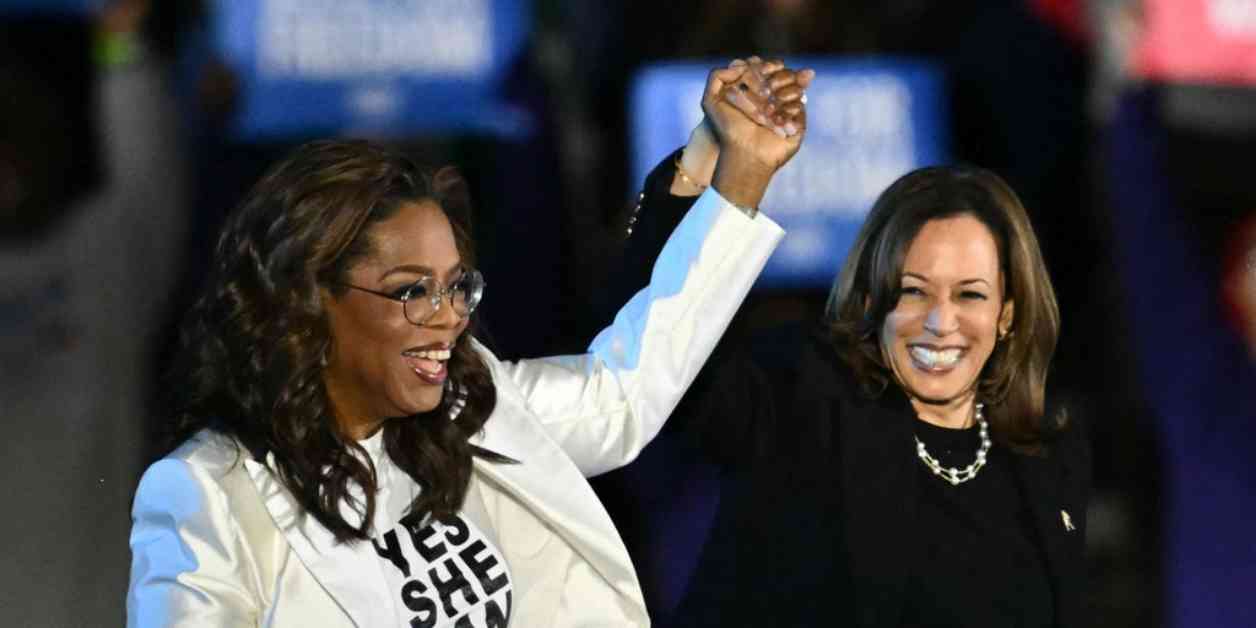The Chicago Tribune criticized Vice President Kamala Harris’ failed presidential campaign for reportedly paying celebrities like Oprah Winfrey for fundraising events. The editorial board expressed concerns about the campaign’s decision to spend large sums of money on celebrity appearances, questioning the effectiveness of such events in connecting with voters.
According to FEC filings, the Harris campaign made two $500,000 payments to Winfrey’s production company. Winfrey, in response to media scrutiny, denied receiving a personal fee of $1 million, clarifying that the money went to her production company for production costs. The editorial board acknowledged the need to pay production workers but raised questions about the appropriateness of using campaign funds for such expenses.
The board suggested that the Harris campaign would have been better off allowing the candidate to engage with independent journalists and articulate her plans for the country’s future. They argued that relying on celebrity endorsements did not effectively communicate Harris’ message to voters who were eager to hear more about her policies and vision for America.
While Winfrey maintained that she was not paid for her appearances during the campaign, her production company did receive funds from the Harris campaign. A Harpo spokesperson emphasized that the payments were for production costs and reiterated that Winfrey did not personally benefit financially from the campaign.
In light of the criticism from the Chicago Tribune and other media outlets, the Harris campaign’s spending decisions have come under scrutiny. The board’s editorial highlights the importance of transparency and accountability in campaign finance, urging candidates to prioritize substantive engagement with voters over celebrity endorsements.
As the 2024 presidential election approaches, the role of celebrity influence in politics continues to be a topic of debate. While high-profile endorsements can generate media attention, the Chicago Tribune’s critique underscores the need for political campaigns to focus on substantive policy discussions and direct engagement with voters. Ultimately, the success of a campaign may depend less on star power and more on the candidate’s ability to connect with the electorate on issues that matter most to them.





















